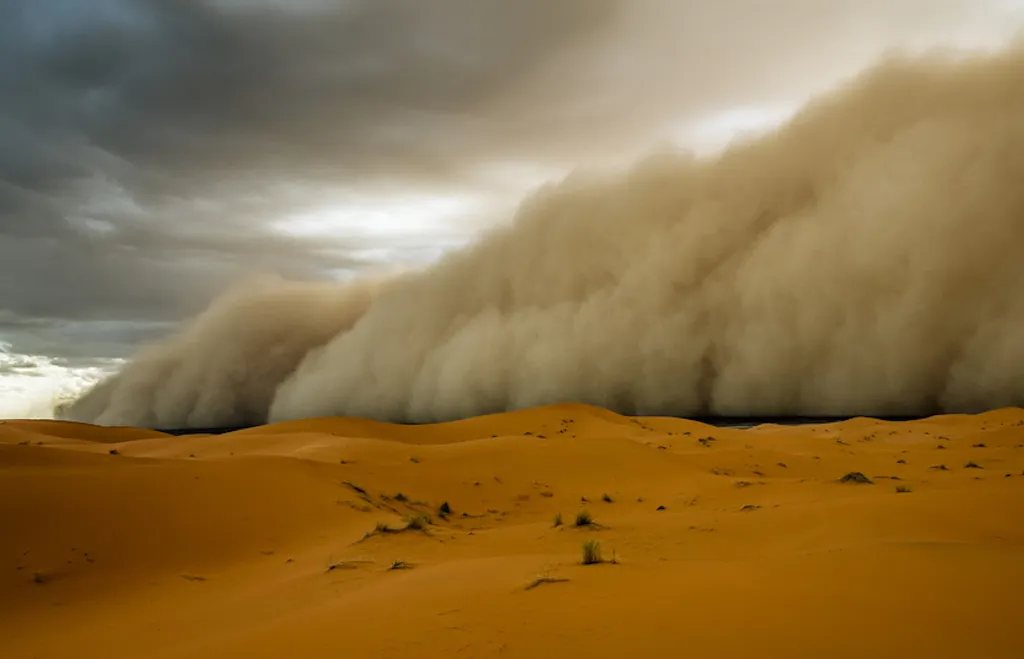
Our adventure of seeking an ancient idol has ended up being an upsetting experience—there's been talk of jinns and demons and the whole impromptu expedition has left me feeling distinctly nauseous.
My fears have made me want to abandon the search and turn back, but I feel an obligation to the abbot to see the matter through to its conclusion.
Besides, we've spent the last half hour climbing a rocky hillside and backing out now would make me look foolish.
We continue climbing for another five minutes and finally locate the cave.
We rest briefly, taking time to hydrate ourselves and recover our strength, then begin exploring.
“I found the idol,” Damien suddenly calls out.
“When the abbot sees it, he hisses in displeasure. “It was as I suspected—an effigy of Baal.”
It may as well have been a statue of Satan.
Baal was ranked as the principal ruler in hell, ruling over the East with 66 legions of demons.
But to some, he wasn’t just a high-ranking devil, but Lucifer himself.
“This idol is several thousand years old,” I tell them. “It’s an enormous find.”
“It’s evil,” The abbot says through clenched teeth. “I find it loathsome to look at.”
I begin excavating the sand from around its base.
“It actually smells sulfurous,” I exclaim, “—like the odour of spent matches.”
The abbot’s not surprised. “The stone has probably been exposed to fire. The Canaanites used to sacrifice their children to the flames to appease Baal.”
The abbot’s words nauseate me—but the find is of immense importance, from an archeological perspective.
“Look!” cries Damian suddenly; he points outside the cave, back to the desert.
The pale blue of the sky in the east has tarnished like a spreading spot of grease.
As we watch, it turns a darker shade of gunmetal blue and begins quickly expanding.
“I’ve never seen anything like that,” the abbot whispers.
Dust devils spring up from the ground, whirling and hissing, ascending like minarets, twisting high into the air.
Within minutes an ominous dark front begins moving in and pink flashes of lightning illuminate a cloudy geography.
The first rumblings of thunder shake the mountain and the cave where we shelter.
The abbot’s expression grows very stern. “This is not the work of Jinn’s, but of demons. We need to cover the idol and leave this place.”
I’m about to object when a terrific roar splits the heavens and a red bolt of lightning forks down, striking within a hundred yards of us.
Damien covers his ears and falls to his knees.
Abba Arsenius looks heavenward and begins praying:
“O God, do not leave me. I have done nothing good in your sight, but according to your goodness, let me now make a beginning of good.”
He pushes me aside and begins scooping handfuls of sand over the idol.
I motion for Damien to help and together the three of us succeed in covering it—and as we do, the storm outside subsides.
As soon as it’s safe to leave the cave, we hurry back to the jeep and soon are jouncing at break-neck speed down the twisting road.
None of us looks back.
The Negev is a rocky desert—a land of dry bones, dusty mountains and dry riverbeds that bloom after a rain.
It’s a strangely beautiful but forbidding place. Sand dunes can reach 30 meters high.
The land is deserted. No one bothers to take a census for a demography—they’d be more likely to study it for the purposes of demonology – and no one goes there but Bedouins, or hermits or fools searching for artifacts, such as I.
The scriptures speak of Azazel, a goat-like spirit, or the Jinns who haunt the desert.
To appease these dread lords, the Israelites offered sacrifices.
They sacrificed amid the strong rugged rocks of the desert.
They sacrificed out of fear.
But this was also the place where Isaac built his altar and Jacob saw his ladder with angels ascending and descending.
It was here where Elijah hid in the cave and heard not the dry rasp of demons, but the still, small voice of God.
Yes, the Negev is forbidding, but only as a desolate place.
I have no fear of demons, but I’ll leave the Baal to his wilderness—out of respect, not fear.
He can have his desolate place—his haunt of jackals.
But one day the desert will bloom—water will gush forth and the burning land will become a pool.
No lion, or ravenous beast will be there.
You see, I know how the story ends.
Until then, I’ll leave the demon to the dry rasping whispers of sand—he rules it for now, this Lord of the Flies with his minions buzzing over the carcasses of goats.
It's a fine hell for him to spend with his companions—the hissing snakes.
They coil and uncoil, slithering out of his mouth.